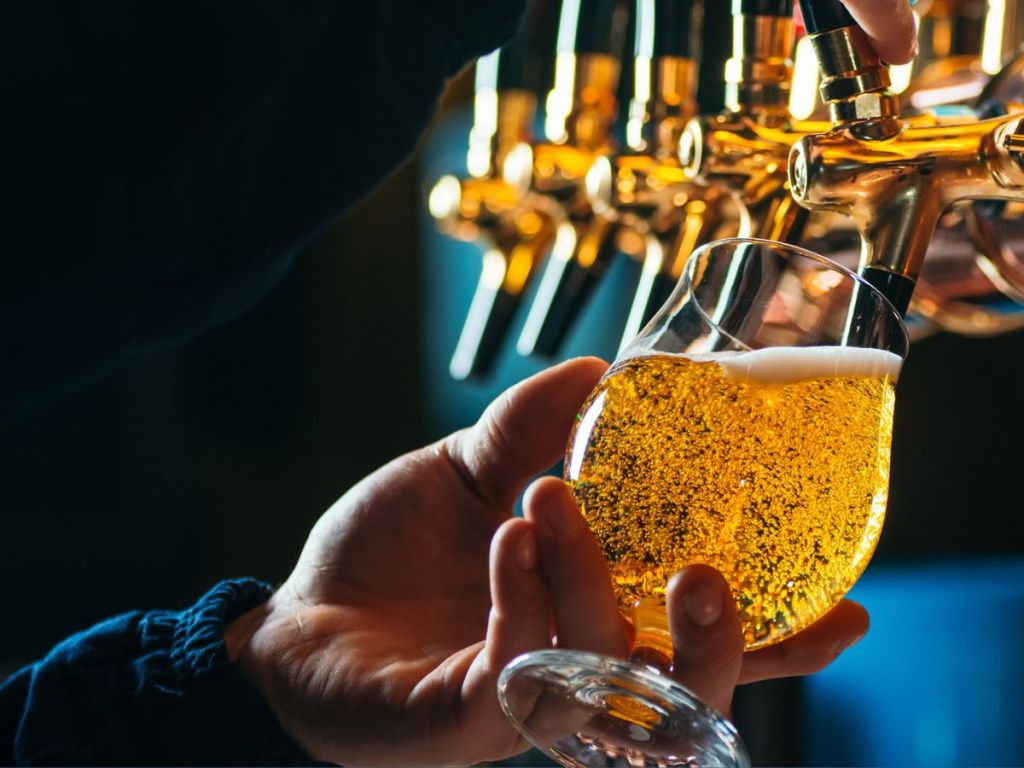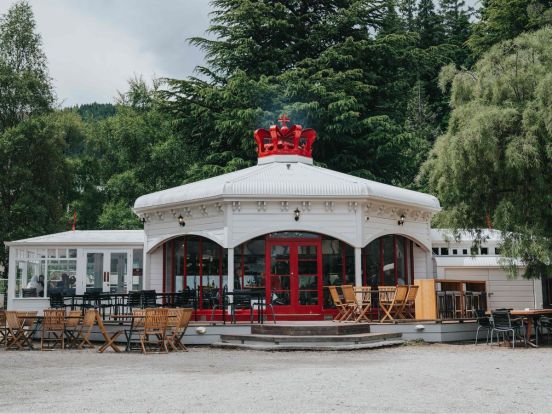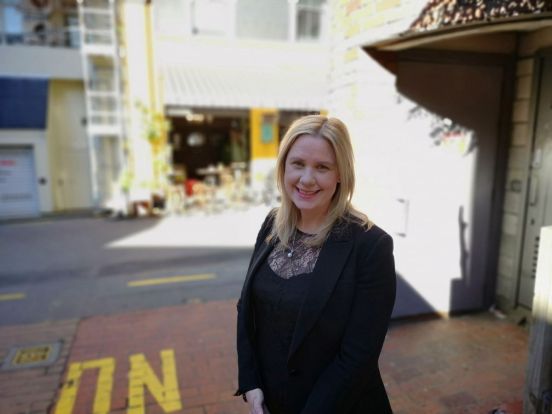Hospitality New Zealand (Hospitality NZ) is disappointed to see the Sale and Supply of Alcohol (Community Participation) Amendment Bill pass, largely ignoring feedback from hospitality owners throughout the bill’s progress and without proper consideration of the consequences for license holders.
Chief Executive Steve Armitage says the bill will cause unintended consequences for licence holders.
“The Bill will not measurably influence alcohol harm minimisation, despite the amendments it is making to the Act. It will however create immense uncertainty for license holders and undermine otherwise successful and responsible businesses.
“Hospitality NZ supports the harm minimisation aims of the bill but we don’t believe it will work as intended.
“While there are a number of issues we see with the bill, our primary frustration relates to allowing District Licensing Committees to take new Local Alcohol Policies into account when considering renewals, including the ability to decline license renewals if they are viewed as inconsistent with any new LAP.
“Under this clause, if a new LAP imposed licence density restrictions or buffer zones then these could be grounds for declining renewals, without consideration of the standing of the existing licensed premise.
“Hospitality NZ believes reducing access to alcohol does not automatically mean you reduce harm, as the numbers clearly show. Before the implementation of the Sale of Liquor Act in 1989 there were about 3000 licenses across New Zealand. There are now 11,000, but since 1986 alcohol consumption has been decreasing, and is now down 25 per cent.
“More licensed premises and more places to purchase alcohol has not translated into higher consumption, as this bill assumes.
“Hospitality venues recognise the harm alcohol can do when not enjoyed responsibly, which is why we support moves around harm minimisation.
“However, this bill simply does not meaningfully influence harm minimisation, and instead undermines our industry and the role our venues play in communities across Aotearoa.
“Venues run by responsible hosts remain the safest place for people to be social and safely and responsibly enjoy alcohol,” said Armitage.








